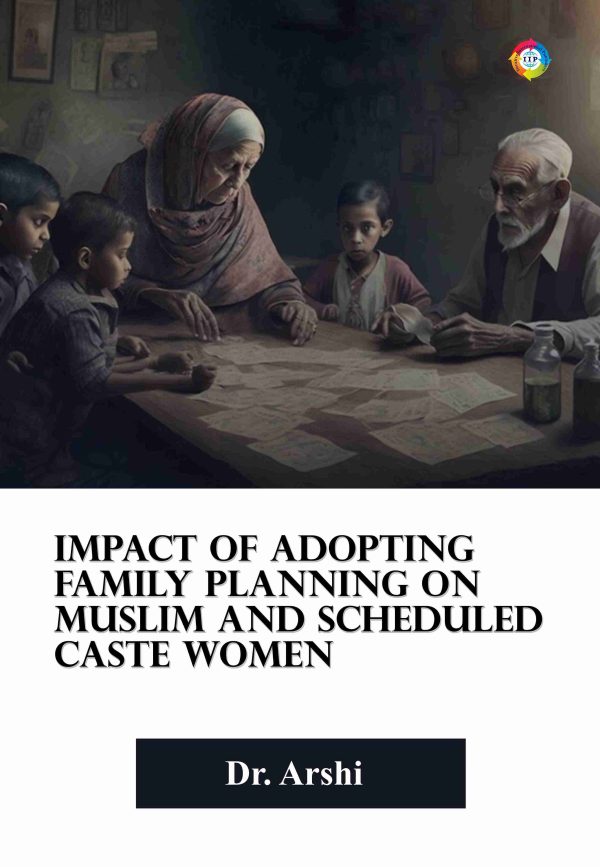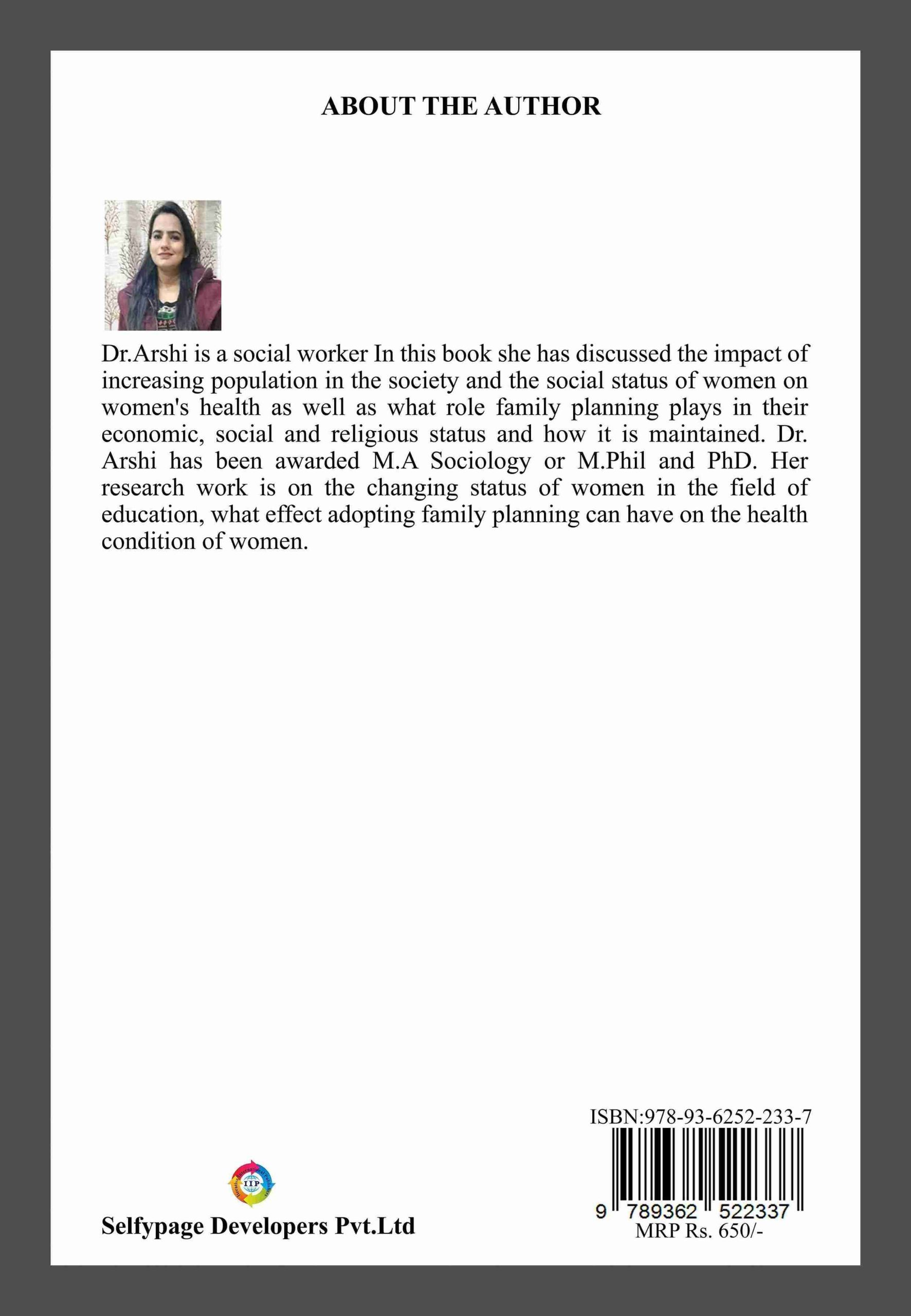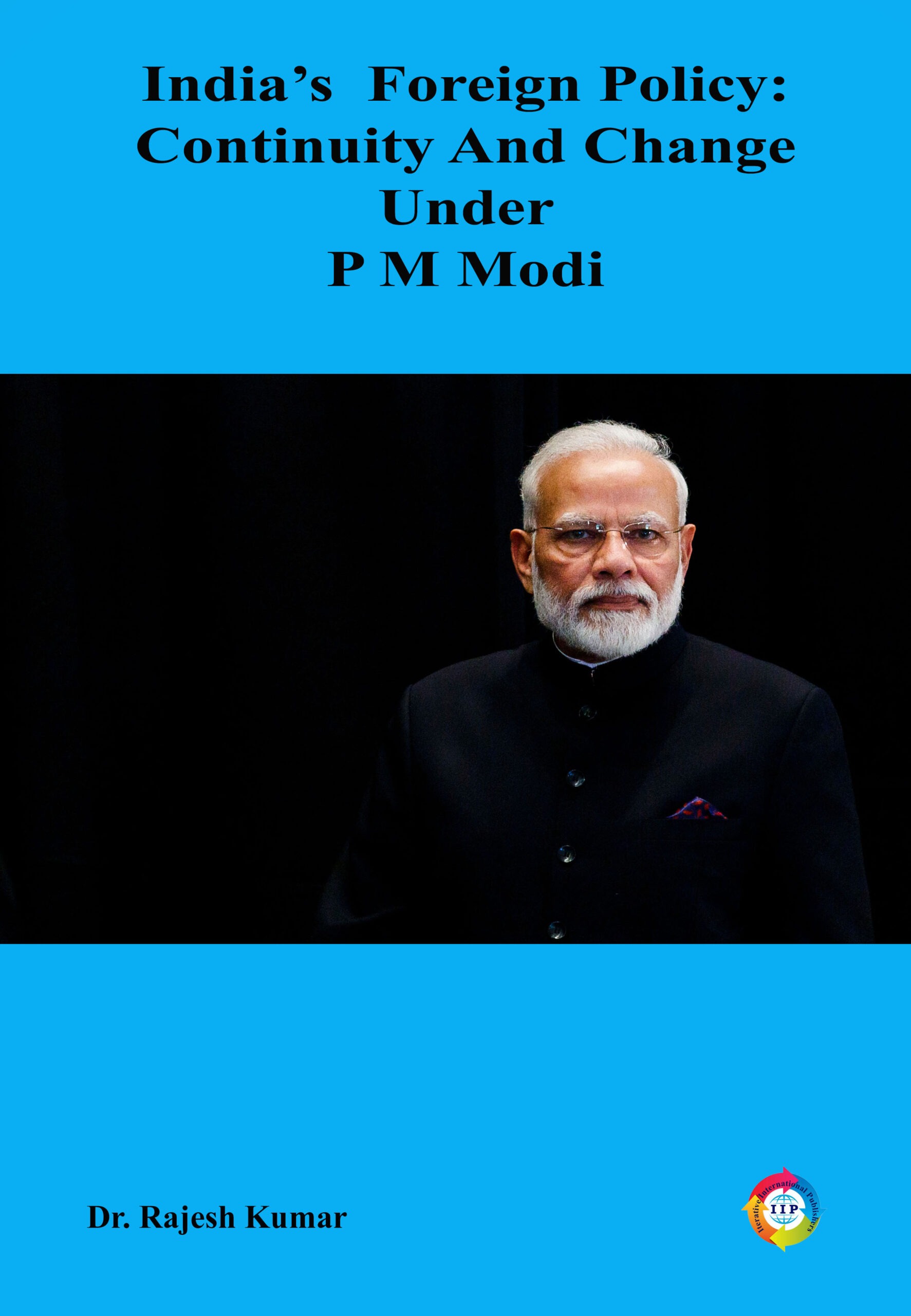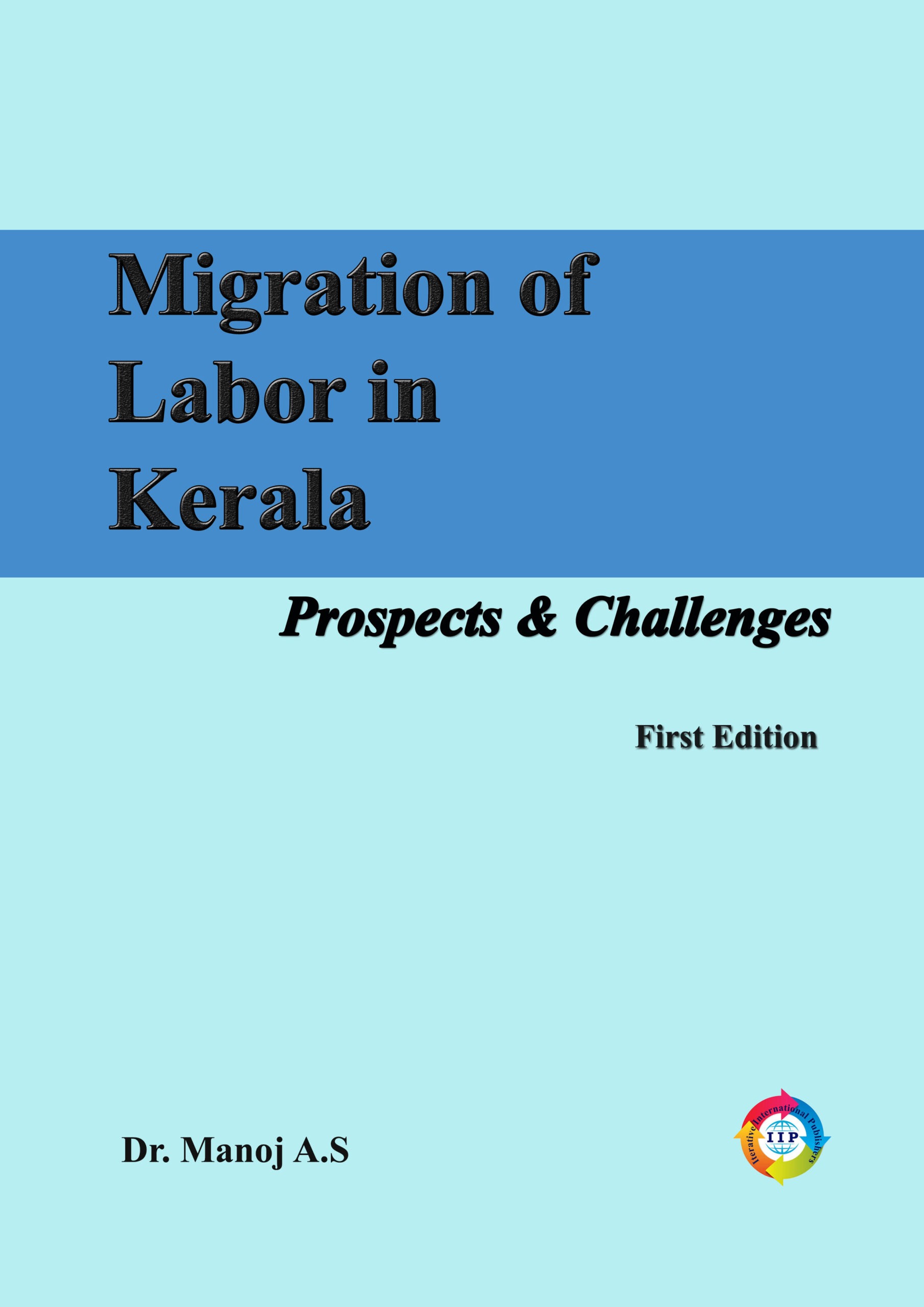Family planning services are “educational, comprehensive medical or social activities that enable one’s, with minors, to clarify the number and spacing of their children freely and to chose how this achieved.” In other words, family planning services allow individuals to make informed decisions about how many children they want and how far apart they want to have them. Family planning can entail a woman considering the number of children she wants, including the option to have none and the age she wants to have those children. Other factors that regard include when she wants to have children. These things are affected by external variables such as a person’s marital status, professional choices, financial condition, and any infirmities that may limit their capacity to have children and raise them. If a person is sexually active, family planning may entail using contraception and other methods to regulate when children conceive.
The use of contraception is the only critical factor in determining when a woman’s fertility will shift, making it one of the proximal drivers of fertility. On the other hand, the selection of the contraception method impacts a plethora of interrelated demographic, cultural, economic, and social factors. Because of this, an approach that considers multiple dimensions needs to utilize to analyse the pattern of contraceptive utilization. It is doubtful that any study based on a single signal would capture all of the facets that go into selecting a contraceptive technique.









Reviews
There are no reviews yet.